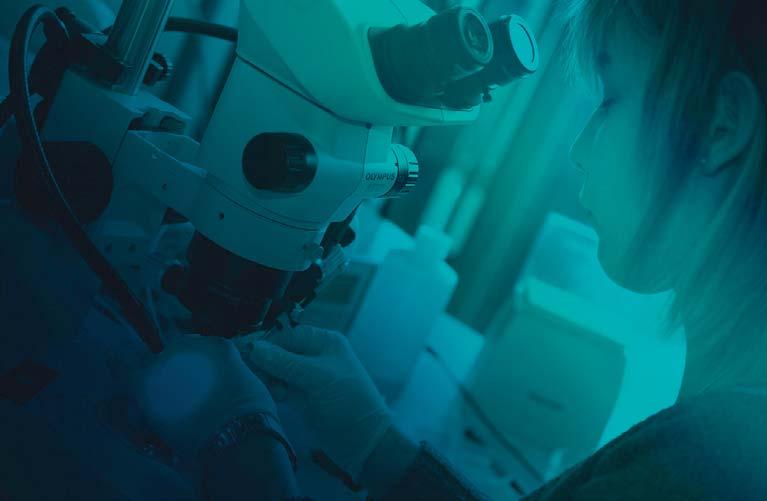The coronavirus crisis has clearly shown the vital importance of research and innovation to protect people’s lives and to underpin our wellbeing
© European Commission, 2020
Interview with Mrs Mariya GABRIEL, European Commissioner for Innovation, Research, Culture, Education and Youth
For the first time, Horizon Europe will have a strong focus on culture and creativity. To preserve and promote Europe’s cultural wealth, it envisages the creation of European Cultural Heritage Cloud. It will contribute to the protection of Europe’s unique cultural content and cultural richness, including at regional and local level. Another important feature will be the set-up of new European Partnerships to ensure cooperation between public and private actors to respond to the needs of industry, including SMEs, and civil society. They will be a key tool to mobilize educators, researchers, innovators, businesses, the public sector, NGOs, and civil society on focusing on the delivery of the Green Deal and digital transformation.
C
ould you tell us about the main features of the new Horizon Europe programme? With a budget of 95.5 billion euro Horizon Europe becomes the most powerful research and innovation programme of the world with an increase of 30% in relation to its predecessor Horizon 2020. The new programme Horizon Europe is built on three pillars: excellent science, global challenges and competitiveness, and open innovation. The fourth, underlying component is widening participation and strengthening the European Research Area.
The Missions are a noteworthy novelty. They will focus on ambitious, time-bound and achievable goals to tackle our biggest challenges: adapting to climate change; cancer; healthy oceans, seas, coastal and inland waters; smart, climate-neutral cities; and soil health and food. They will deliver specific targets, co-designed with citizens like achieving 100 European climateneutral cities, full recovery and regeneration of European marine and freshwater ecosystems or saving more than 3 million lives from cancer by 2030.
The programme will continue to support the European Research Council, which has become a global beacon of excellence in science worldwide and promoting fundamental cutting-edge research. Similarly, the fellowships and exchanges for researchers through Marie Skłodowska-Curie Actions will continue as well as the investment in world-class research infrastructures.
We are now finalising the Strategic Plan for Horizon Europe. It is the result of a thorough co-creation and co-design process. It will underpin the work programmes of Horizon Europe for the next four years, which will be at the heart of Europe’s recovery and resilience effort and the transitions towards climate neutrality and digital leadership.
The European Innovation Council (EIC) is to provide additional means for emerging and breakthrough innovations by small and medium-sized enterprises, start-ups, and midcaps. All this shows that research and innovation are vital for fighting the pandemic, as well as for the sustainable and inclusive recovery. In order to achieve its objectives, the EIC will work in partnership with the European Institute of Technology and its Knowledge Innovation Communities, with the view to aligning priorities and streamlining the interplay between the different EU and national funding schemes.
What kind of disruptive research and breakthrough innovations are you planning to support through the European Innovation Council? The EIC started with the idea that we had to do more on innovation. It supports the most talented European innovators in scaling-up their breakthrough, disruptive innovation. It is a one-stop-shop for innovators, providing support from the idea to the market with two instruments: the EIC Pathfinder and the EIC Accelerator, including the EIC Fund. These funding instruments will be complemented by the European Innovation Ecosystems initiative.
The Health cluster will cover the extension of clinical trials, innovative protective measures, virology, vaccines, treatments and diagnostics, and the translation of research findings into public health policy measures. The Climate Energy and Mobility cluster and the Digital Industry and Space cluster will support the scale up of research and innovation resources in climate-related domains and ensure that European enterprises have access to the technologies and data they need. We will have also a special cluster dedicated to cultural and creative industries.
The EIC Pathfinder targets high-risk cutting-edge projects, developing radical and innovative technologies. The EIC Accelerator aims to create and promote co-investment where market response is 10

















































































































